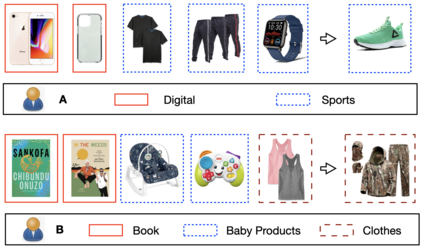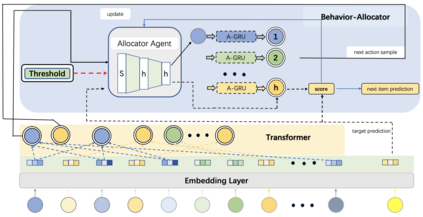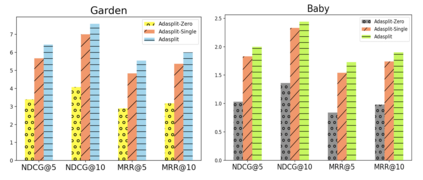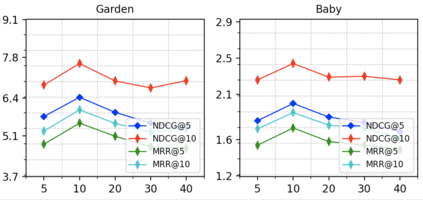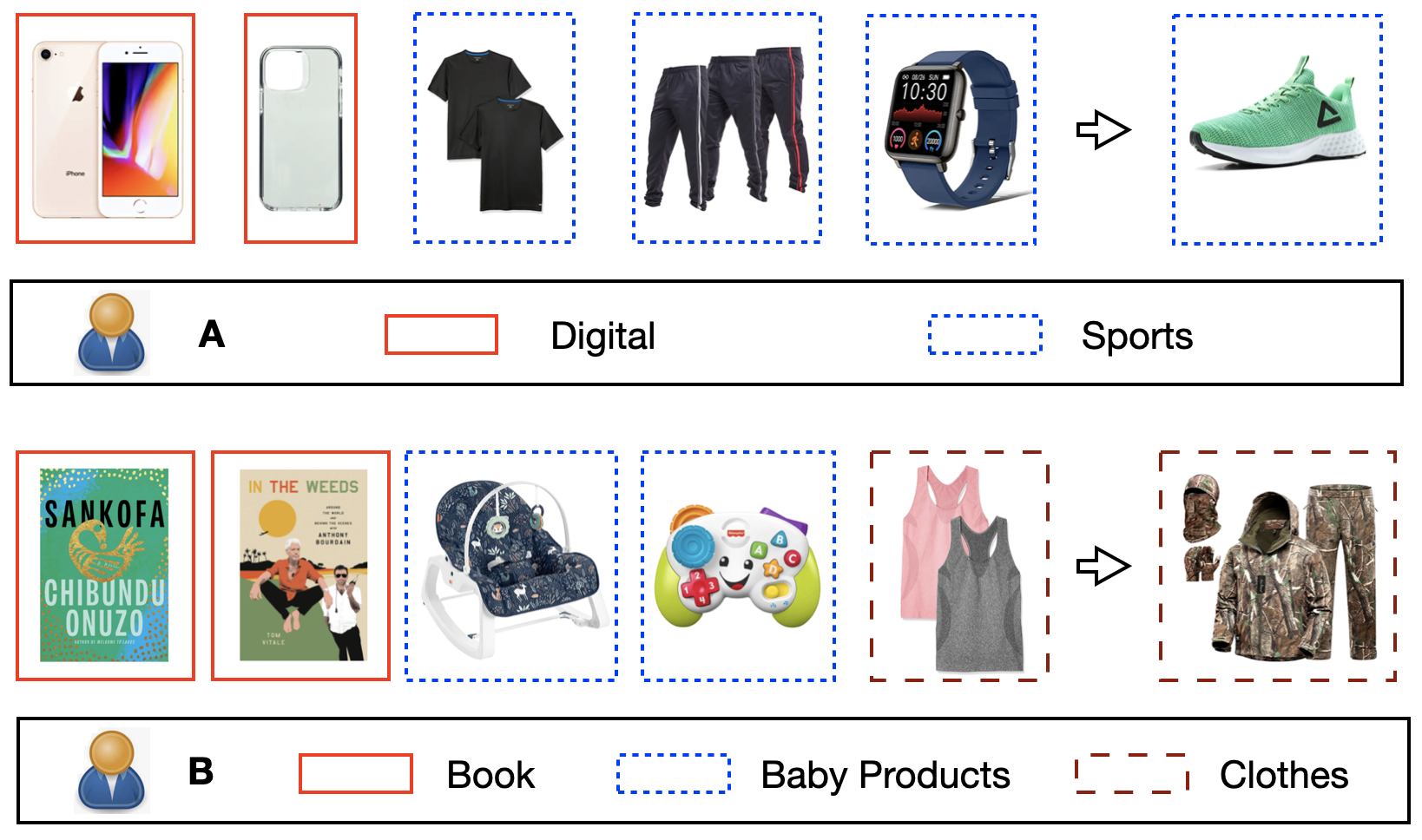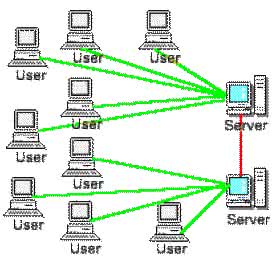How to extract meaningful information in user historical behavior plays a crucial role in recommendation. User behavior sequence often contains multiple conceptually distinct items that belong to different item groups and the number of the item groups is changing over time. It is necessary to learn a dynamic group of representations according the item groups in a user historical behavior. However, current works only learns a predefined and fixed number representations which includes single representation methods and multi representations methods from the user context that could lead to suboptimal recommendation quality. In this paper we propose a model that can automatically and adaptively generates a dynamic group of representations from the user behavior accordingly. To be specific, AutoRep is composed of an informative representation construct (IRC) module and a dynamic representations construct (DRC) module. The IRC module learns the overall sequential characteristics of user behavior with a bi-directional architecture transformer. The DRC module dynamically allocate the item in the user behavior into different item groups and form a dynamic group of representations in a differentiable method. Such design improves the model recommendation performance. We evaluate the proposed model on five benchmark datasets. The results show that AutoRep outperforms representative baselines. Further ablation study has been conducted to deepen our understandings of AutoRep, including the proposed module IRC and DRC.
翻译:在用户历史行为中,如何在用户历史行为中获取有意义的信息在建议中发挥着关键作用。用户行为序列通常包含属于不同项目组的多种概念上不同的项目,项目组的数量随着时间的推移而变化。有必要学习一个动态的表达群,在用户历史行为中按项目组进行。然而,当前工作只学习一个预先定义和固定的数字表达体,其中包括单一代表法和从用户背景中得出的多代表法,这可以导致低于最佳建议质量。在本文件中,我们建议一个模型可以自动和适应地产生一个动态的用户行为组。具体地说,AuterRep是由信息化代表结构(IRC)模块和动态表达结构模块组成的。IRC模块通过双向结构变异器学习用户行为的总体顺序特征。刚果民主共和国模块将用户行为中的项目动态地分配给不同的项目组,并以不同的方法形成动态的表达群。这种设计可以改进模式建议性能。我们评估了五个基准数据集的拟议模型。结果显示,Autrep 超越了我们的Autregressoral 和 Restalislations 。

